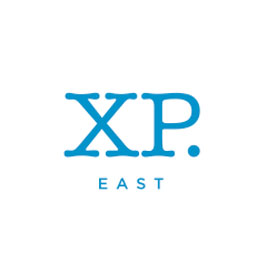Although we have a ‘master timetable’ where HUMAN, STEAM, Spanish and X-Block lessons (Art, Music, Drama, ICT) are plotted in different periods across the week, our timetable at XP East is flexible. Our teachers love this. As weird as it seems – we do, and the following explains why.
Teachers in most other schools teach across year groups. However, because we teach in expeditionary year teams, each team has (and will do as we grow in the future) a number of teachers and learning coaches who specifically teach the same students in a year group every week. This brings us numerous opportunities to be creative with the time that we have with students.
For instance, if STEAM teachers would like to teach an immersive learning experience that consists of 3 periods together, they are able to swap and negotiate with the teachers of HUMAN to make this happen. Also, if students in HUMAN would benefit from both 7 Explorer and 7 Pioneer being taught at the same time in a large space via input from an expert, then we can also put this in place. Again, if a teacher thinks that an assessment would be better to take place over 2 periods without disruption, them we can make it happen. Timetables are communicated to students every Monday during Crew, and blu-tacked to classroom doors.
Such flexibility has allowed us to conduct fieldwork during our first expedition ‘Steam, speed & society’ to York National Railway Museum and Hyde Park Cemetery, as well as doubling up HUMAN classes on Friday mornings where I team teach immersive experiences with 7 Explorer and 7 Pioneer with Mrs Poncia periods 1, 2 and 3.
An interesting by-product of our enthusiasm as expeditionary teachers is that we actually want our classes as often as possible in order to make sure that we achieve our long term learning targets! If we ‘lose’ periods in HUMAN we always want to make sure that we ‘gain’ them elsewhere wherever possible in the week.
I don’t think teachers wanting *MORE* contact time with their classes is something that happens in many schools across the UK, but it’s how we roll at XP East!






